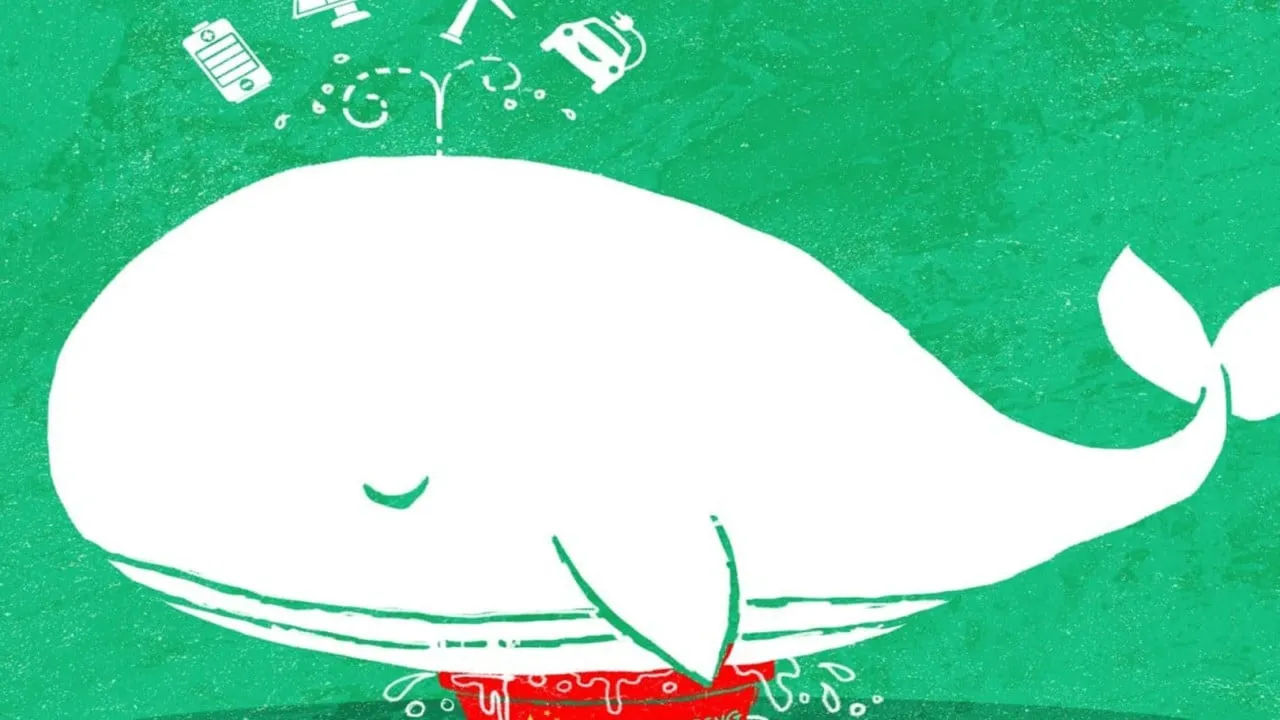Inflation Reduction Act: A Call for EU and China Cooperation on Green Trade

Inflation Reduction Act: A Call for EU and China Cooperation on Green Trade
The Inflation Reduction Act brings forward discussions on how the EU and China can join forces amidst challenges like the climate crisis and trade protectionism. Uniting on trade agreements surrounding sustainable development and new three exports, including lithium-ion batteries and solar panels, is paramount for economic growth.
Restructuring Global Supply Chains
As global supply chains shift, Southeast Asian countries have strengthened ties with China. Foreign direct investment plays a critical role in the economic landscape, particularly in the EU market, which remains vital for China's economic ambitions.
- EU's competitive edge: With a 15.2% share of global GDP, the EU is a significant player compared to the US.
- Tech and manufacturing: The EU's innovation capabilities rival those of the US.
Addressing Trade Tensions and the Climate Crisis
The US-China trade war has compounded existing tensions, highlighting the need for a new cooperative agreement. Both the US's Inflation Reduction Act and the EU's Net-Zero Industry Act include incentives for green industries, yet they risk conflicting with international trade rules.
- Update international trade regulations to foster green industry growth.
- China and EU should negotiate for a new trade framework.
A Green Future Ahead
The EU must balance its need for affordable green products from China while simultaneously bolstering domestic industries. The two regions must prioritize collaboration to combat the climate crisis, achieving mutual economic benefits in the process.
This article was prepared using information from open sources in accordance with the principles of Ethical Policy. The editorial team is not responsible for absolute accuracy, as it relies on data from the sources referenced.